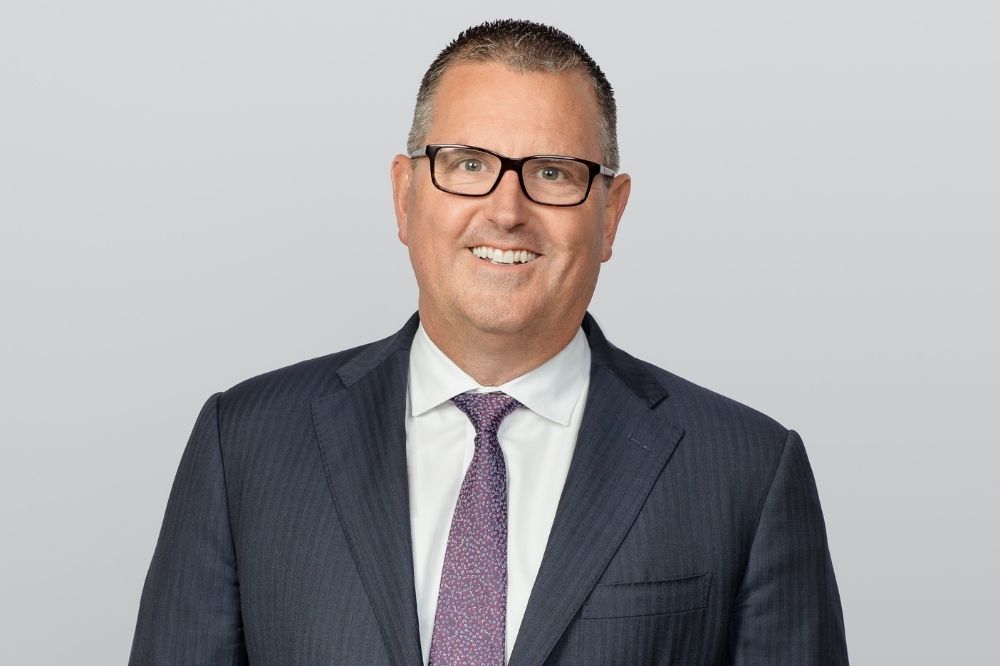Federal Budget: IAG wants more for disaster mitigation

“It doesn’t make economic sense to continue to pour almost all disaster funding, 97%, into disaster recovery and just 3% on prevention,” said IAG’s (Insurance Australia Group) CEO, Nick Hawkins (pictured above).
Hawkins did appreciate the Budget’s “strong economic outlook” as a positive for consumer and business confidence. He also said the measures to address cost-of-living pressures are a “welcome boost” for households.
“As is the tax relief available for small businesses that invest in training and technology, such as cyber security systems,” he said.
However, he said helping people and businesses recover from the ongoing devastating floods “must be a priority.”
Hawkins welcomed the Budget’s two year, $150 million per annum commitment to this recovery work and the additional $116.4 million for the Black Summer Bushfire Recovery Program.
Despite these positives, the IAG boss echoed other insurance industry stakeholders, including Allianz Australia and Honan Insurance Group, by expressing concern about the lack of disaster mitigation measures.
“However, we’re disappointed the Budget didn’t include greater funding for mitigation initiatives to help protect communities before disasters strike,” said Hawkins.
He said that for more than a decade, insurance industry stakeholders, including IAG and the Insurance Council of Australia (ICA), have outlined the economic and social benefits of greater investment in mitigation.
Over the past year we have seen progress,” said Hawkins. “In the 2021 Budget the Commonwealth government allocated $600 million over six years for new disaster preparation and mitigation programs,” he said.
Hawkins also noted the $40 million to make strata buildings in northern Australia more resilient to extreme weather.
“However, we believe federal funding needs to be at least $200 million per year, matched by the state and territory governments – and this was backed-up by the Productivity Commission in 2015,” said Hawkins.
The IAG CEO said investment in mitigation helps to protect lives, property, critical infrastructure and reduces the cost to the nation of the recovery and rebuild of impacted areas.
“It also reduces the emotional and social impacts on people and communities,” he said.
“There are people in Lismore and the Northern Rivers who have been forced to evacuate again just weeks are suffering through the catastrophic floods,” he added.
Hawkins wants more done to support these vulnerable communities and to “give them hope that they can be better protected in the future.”
He said mitigation investment should be combined with better land-use planning and stronger building codes. Hawkins said these efforts would also help to make insurance more affordable for people and businesses.
Watch more: ICA calls for $2 billion resilience program
He supported the Budget’s measures to improve data sharing between all levels of government concerning disasters.
“We welcome the additional $1.7 million for Emergency Management Australia for better sharing of data and information across states and territories during large scale disasters,” he said.
Hawkins also supported the government’s $9.9 billion investment over 10 years to boost the nation’s ability to prevent and respond to cyber threats.
“This is vital to help protect people and businesses from these attacks and supporting the digital economy,” said Hawkins.
According to ABC News, the Coalition reduced the budget to four key priorities: offering cost-of-living relief, a long-term plan to create jobs, investment in essential services and stronger defence and national security.
The federal opposition Labor Party has called the government’s cost-of-living package a cynical ploy to buy votes to get re-elected.
“This has all the sincerity of a fake tan,” Opposition leader Anthony Albanese told ABC News Breakfast.
“This is a plan for an election, not a plan for Australia’s future and I think people will see it for what it is,” said Albanese.
The federal election is due to take place in May.


